WASHINGTON, D.C. — Students in schools around the country that participate in the U.S. Department of Agriculture’s National School Lunch Program only have access to fat-free and low fat-milk.
In 2010, Congress passed “The Healthy Hunger Free Kids Act,” which eliminated whole and two percent milk from many schools.
However, a bill in Washington could bring whole, and two percent milk back to the cafeteria.
“This bill is about child nutrition and about making sure that students have access to healthful food,” said Claudia Larson, the head of nutrition policy and senior director of government relations for the National Milk Producers Federation.
Larson says it’s important to provide students with healthy nutrients they will choose to eat or drink.
“Having an option on the plate that is chock full of nutrients that students won’t eat does them no good,” said Larson.
That’s why Larson’s organization and several others continue to advocate for the “Whole Milk for Healthy Kids Act.”
The bill gives schools the option to provide whole and reduced fat milk- which Larson says is the preferred choice among students.
“We know two percent and whole milk provide the same vital, essential nutrients to students, but those are the options that students tend to choose more,” said Larson. “If the kids don’t drink the milk, then they’re not getting those vital nutrients in their bodies.”
Whole milk, which has a fat content of just over three percent, was eliminated as a tool to fight childhood obesity over a decade ago.
“We actually haven’t seen a drop in childhood obesity,” said Larson.
“The rate of obesity and being overweight increased dramatically after access to whole milk and flavor was taken out of the schools,” said Congressman Glenn “GT” Thompson (R- PA) as he spoke in favor of H.R. 1147 on the floor of the U.S. House in December. “Out of touch federal regulations have imposed dietary restrictions on the types of milk students have access to in school meals.”
Thompson is the sponsor of H.R. 1147, known as the Whole Milk for Healthy Kids Act.
“It’s our kids that have been cheated out of the nutrition that they need,” said Thompson. “It’s just a terrible taste experience when you’re drinking low-fat or nonfat milk,” he added.
The bipartisan bill passed the U.S. House with a vote of 330 – 99.
“I think we would call that commanding bipartisan support,” said Larson.
Organizations like Animal Wellness Action criticized the denial of an amendment to the bill which would have offered kids a plant-based milk option upon request. The organization cited concerns about lactose intolerant students, animal welfare and harm to the soy industry.
“It is startling that the House, in taking up a so-called ‘milk choice’ bill, won’t allow a debate on an amendment permitting a nutritionally acceptable, plant-based milk option for kids even though half of all participants in the National School Lunch program are lactose intolerant,” said Wayne Pacelle, President of Animal Wellness Action in a Dec. 13 press release. “Countless kids get sick from consuming cow’s milk, and millions of others throw it away. Neither outcome is good for them or for our country, and the ADD SOY Act is a simple, common-sense remedy.”
The bill now heads to the Senate for consideration.
